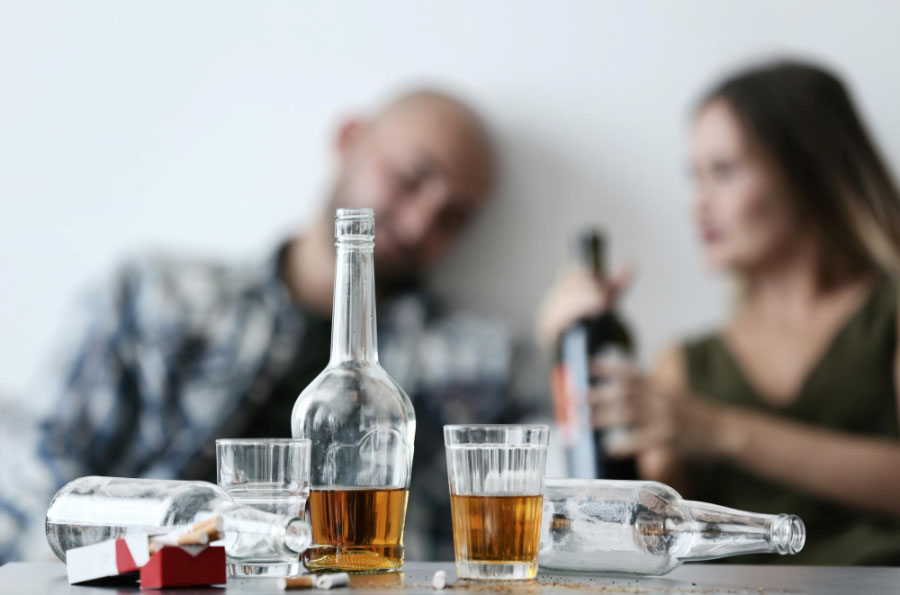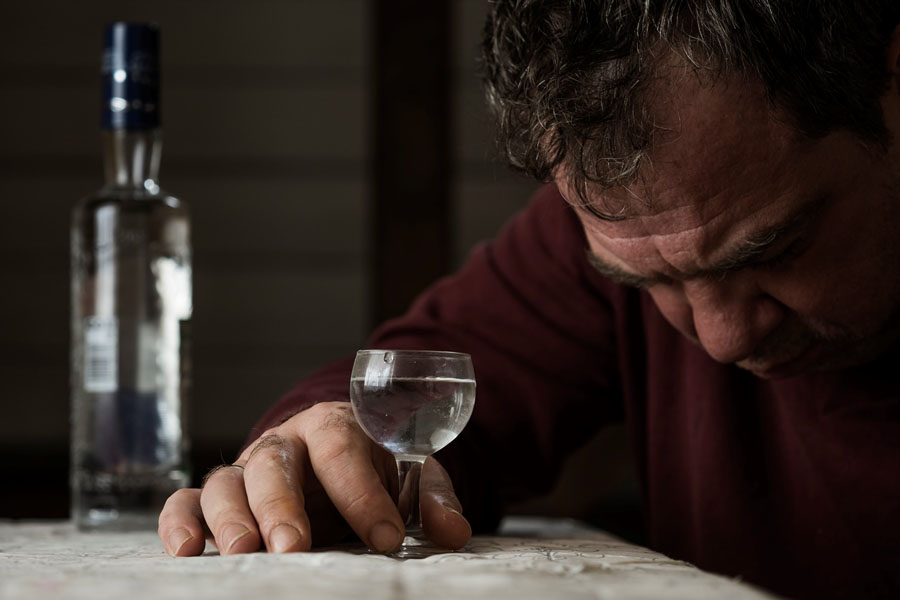Fresh off the completion of the national conventions held for both of the major political parties in the United States, among all of the chaos and rhetoric of conflicting party politics, were groups trying to gain legislative support for their causes. Interestingly, these included both an addiction caucus as well as the pro-marijuana movement.
The non-profit organization called Facing Addiction sponsored wellness rooms at both the Republican and Democratic conventions, indicating that treating and preventing addiction is one of the few common goals of the parties. This past week in Philadelphia, Facing Addiction co-founder Jim Hood told a crowd of supporters, “My oldest boy started drinking at 14, marijuana at 15 and pills at 16. It went on many years. When he had a fatal overdose before he turned 21, it was soul-crushing. I said, ‘Why the hell was it so hard to get trusted help for somebody who’s sick?'”
Meanwhile, despite marijuana being part of the problem when it comes to developing substance abuse issues in teens and young adults, the pro-pot movement also made its presence known. Led by groups such as the Marijuana Policy Project, these cannabis activists are pushing on two issues, revenue through taxation and personal choice of a substance that is arguably less harmful than others. However, despite the fact that these activists can lobby legislators with the dollar signs of a growing multi-billion-dollar industry, the bigger picture of the damage caused to youth is often ignored.
Such is the landscape of the drug and alcohol industry and the addiction treatment and prevention field – opposing views that cannot function without the other. If nothing else, these signs are a clear indication that the subject of drugs and addiction must be part of today’s political landscape.
In the treatment and recovery field, we certainly hope that more legislators focus on how to help prevent substance abuse and provide help for those who get caught in the trap of addiction. The more funding for research and rehabilitation the more we can cut down the demand for such substances, and the less the legal and illicit drug trade will continue to profit off the downfall of others.









